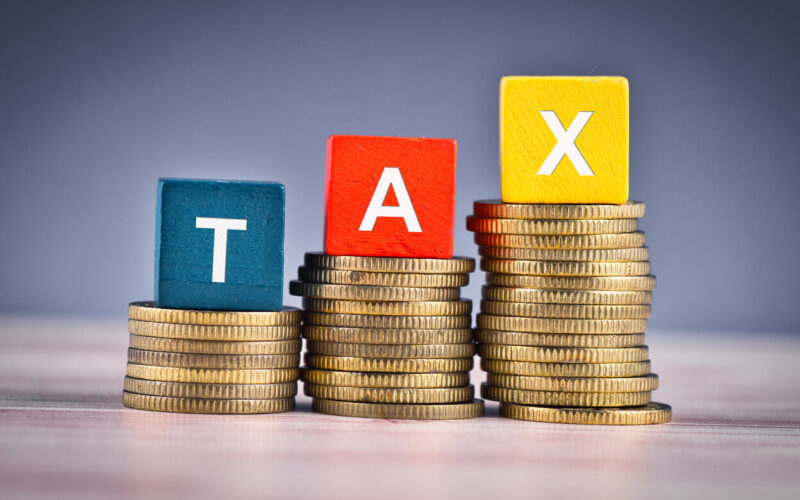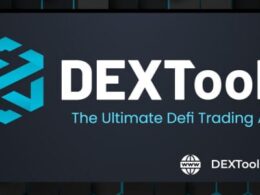A consortium of 47 countries, including the US, the UK, and Australia, have come together to adopt a new framework for the automatic exchange of information between tax authorities. This framework, known as the Crypto-Asset Reporting Framework (CARF), has been developed by the Organisation for Economic Co-operation and Development (OECD) to address the challenges posed by the rapid growth of the crypto-asset market.
The Importance of the CARF
The CARF has been introduced as a means to ensure that recent progress in global tax transparency is not undermined and to strengthen efforts to combat tax evasion. According to a press release by Australia’s Department of the Treasury, the Australian federal government believes that the implementation of the CARF will improve tax compliance and help clamp down on tax evasion, ultimately reducing public revenues and alleviating the burden on honest taxpayers.
“The widespread, consistent and timely implementation of the CARF will further improve our ability to ensure tax compliance and clamp down on tax evasion, which reduces public revenues and increases the burden on those who pay their taxes,” the announcement said.
The 47 countries involved in this initiative have committed to swiftly incorporating the CARF into their domestic laws and establishing exchange agreements by 2027. However, the specific timelines for implementation will be subject to national legislative procedures.
A Coordinated Approach
As part of this coordinated approach, countries that are signatories to the Common Reporting Standard will also implement amendments to the standard as agreed upon by the OECD earlier this year. This coordinated effort aims to ensure consistency and a smooth implementation process for both businesses and governments involved.
The list of 47 countries includes all 38 member states of the OECD and also encompasses some traditional financial offshore havens like the United Kingdom’s Overseas Territories of the Cayman Islands and Gibraltar. However, it’s important to note that the list primarily focuses on Europe, omitting crucial markets such as China, Hong Kong, the United Arab Emirates, Russia, and Turkey. Additionally, there is no representation from any African country, and only two Latin American countries, Chile and Brazil, have pledged their commitment to the framework.
















